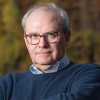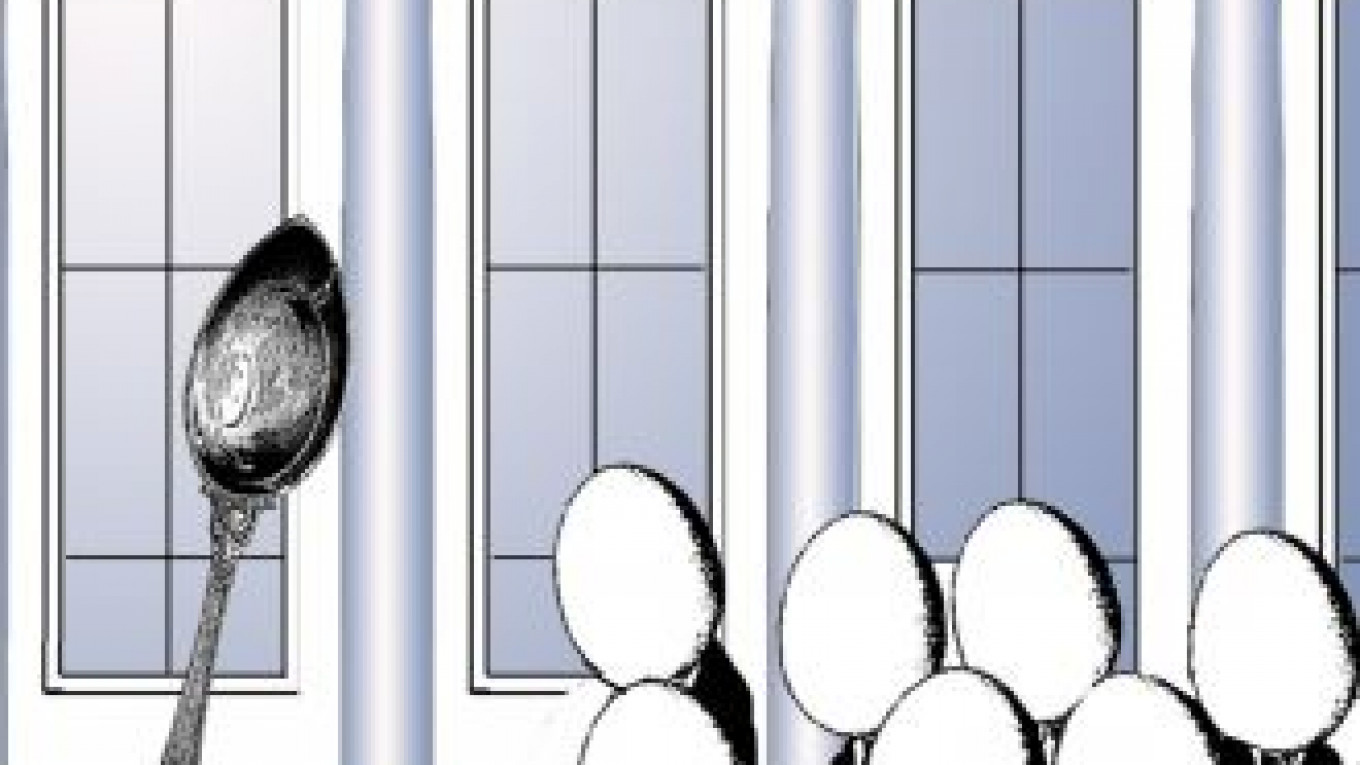So far, the Russian paradox remains: Liberals still dominate the economic debate, while state capitalism rules the real economy. But the Kremlin is on the offensive, though it acts by deceit rather than full-fledged attack.
One step was the suffocation of the economic think tanks through the restrictive legislation on nongovernmental organizations. The state subordination of the rather moribund Academy of Sciences was an additional attack on independent economic thinking.
Another step was the establishment of the"liberal platform" of United Russia. Last year, its coordinators, the reliable Kremlin servants,Vladimir Pligin, Viktor Zubarev and Valery Fadeyev, published a manifesto "Against Discrediting Liberalism," which advocated the combination of liberal ideas with a strong role of the government in the economy. Real liberals, such as Leonid Gozman, condemned this as discrediting actual liberalism.
The party's head of the State Duma's Committee on Economic Policy believes that the leading role in the economy should belong to state corporations.
This purportedly "liberal" platform has performed at major public events about once a quarter. Its meeting on July 10 reached a new peak, since it approached state capitalism with a distinctly Soviet flavor. Fadeyev, the editor-in-chief of Expert magazine, a Kremlin mouthpiece, chaired the public meeting, which allegedly aimed at formulating an "economic doctrine" for Russia.
The discussion started appropriately with Russia's real problems: declining economic growth, low levels of investment, expensive credits and minimal innovation. But rather than trying to find any plausible solution, United Russia speakers tried to undermine liberalism rather than solving economic problems.
Fadeyev started off by criticizing various liberal ideas, which he called "myths." His main idea was that Russia should abandon its tight monetary policy and inflation targeting. Instead, Russia should expand money supply, which he claimed would lead to more investment and economic growth. Arguing for substantial monetary stimulus, Fadeyev alleged that higher inflation was no concern.
Alexander Nekipelov, who is chairman of Rosneft's supervisory board, vice president of the Russian Academy of Sciences and the favorite economist of Rosneft CEO Igor Sechin, followed up with the proposal that Russia should target the exchange rate instead. But a fixed exchange rate was Russia's big mistake until February 2009, when the Central Bank finally let the exchange rate float. It contributed to Russia losing $200 billion of reserves and experiencing the largest output fall of any Group of 20 country in 2009.
Igor Rudensky, a United Russia deputy who chairs the State Duma's Committee on Economic Policy, did not hide his admiration for communism and a large state role in the economy. While others speak about Russia Inc. with concern, Rudensky called its formation the main aim of economic policy."The leading role and the commanding heights in the economy should belong to state corporations."
Rudensky said Russia's Soviet experience showed how industrial ministries were effective in heading strong state corporations: "The country was the biggest corporation in the world. We have to preserve all the positives from this historical experience. Under the conditions of globalization, transnational corporations are the main forces in the global economy, and only big corporations with state ownership can compete with them. I am thinking of Gazprom, Rosneft, Russian Railways, Aeroflot, Russian Technologies and others." Rudensky seemed unaware of their considerable economic and legal shortcomings.
Rudensky fearlessly continued, calling for "indicative planning and long-term prognostication." Since this already exists in the form of President Vladimir Putin's decrees, his call for a further extension can have meant little but old-style Soviet planning.
Rudensky also called for further state involvement as a solution to the dearth of innovation in the country. In a very Soviet spirit, he said, "In all economically developed countries, the state remains the main manager and innovator in all spheres of activity." Nobody who has visited Silicon Valley could have harbored such an insular Soviet view.
Actual liberals also attended this meeting and raised their customary criticism of state monopolies, overregulation and red tape, but it is characteristic of Putin's policy that an old-style Soviet communist like Rudensky can be paraded as a liberal. His call for the national economy functioning as one corporation and the state controlling the commanding heights come straight out of Vladimir Lenin. Putin's nationalist economic adviser, Sergei Glazyev, appears far less communist than Rudensky.
Much of Russian public statements are about image-making, but at present the country is facing real economic challenges, and Soviet parodies like Rudensky take it so much further from a plausible solution.
Russia needs the exact opposite. The greatest concern is that large, inefficient state corporations are monopolizing large chunks of the economy, precluding both domestic and foreign private companies. Interest rates are high because of the oligopolization of bank lending by a few large state banks. The number of small- and medium-sized enterprises is quickly declining because of a deterioration of business conditions, especially as a result of the recent sharp increase in social security contributions.
The policy situation is reminiscent of the fall of 1997, when Prime Minister Viktor Chernomyrdin increased the budget deficit just before the financial crisis started. Next, it was impossible to quickly tighten the budget when it became necessary in the spring of 1998. President Boris Yeltsin appeared to understand the gravity of the situation, finally sacking the patently fiscally irresponsible Chernomyrdin in April 1998, but it was too late. Today, Russia's economic starting point is immeasurably better, but the foolhardiness of the economic policymakers is hardly less.
The situation is also somewhat similar to policymaking at the end of the Soviet Union. The late Yegor Gaidar has described it well in his book "Collapse of an Empire," which has the pointed subtitle"Lessons for Modern Russia." The common features are all too evident. The Soviet leaders thought they were geniuses, but they had reached their peaks because of prior oil rents that no longer persisted. They neither gathered the relevant information nor pursued the necessary analysis, and they got it all wrong. The natural consequence was the collapse of the Soviet economic system.
Gaidar had one outstanding flaw: He was too polite. Otherwise, he would certainly have told us that Fadeyev, Nekipelov and Rudensky are no better but even worse than the Soviet economists who dug the grave of that once-upon-a-time great empire.
Anders Åslund is a senior fellow at the Peterson Institute for International Economics in Washington.
A Message from The Moscow Times:
Dear readers,
We are facing unprecedented challenges. Russia's Prosecutor General's Office has designated The Moscow Times as an "undesirable" organization, criminalizing our work and putting our staff at risk of prosecution. This follows our earlier unjust labeling as a "foreign agent."
These actions are direct attempts to silence independent journalism in Russia. The authorities claim our work "discredits the decisions of the Russian leadership." We see things differently: we strive to provide accurate, unbiased reporting on Russia.
We, the journalists of The Moscow Times, refuse to be silenced. But to continue our work, we need your help.
Your support, no matter how small, makes a world of difference. If you can, please support us monthly starting from just $2. It's quick to set up, and every contribution makes a significant impact.
By supporting The Moscow Times, you're defending open, independent journalism in the face of repression. Thank you for standing with us.
Remind me later.







